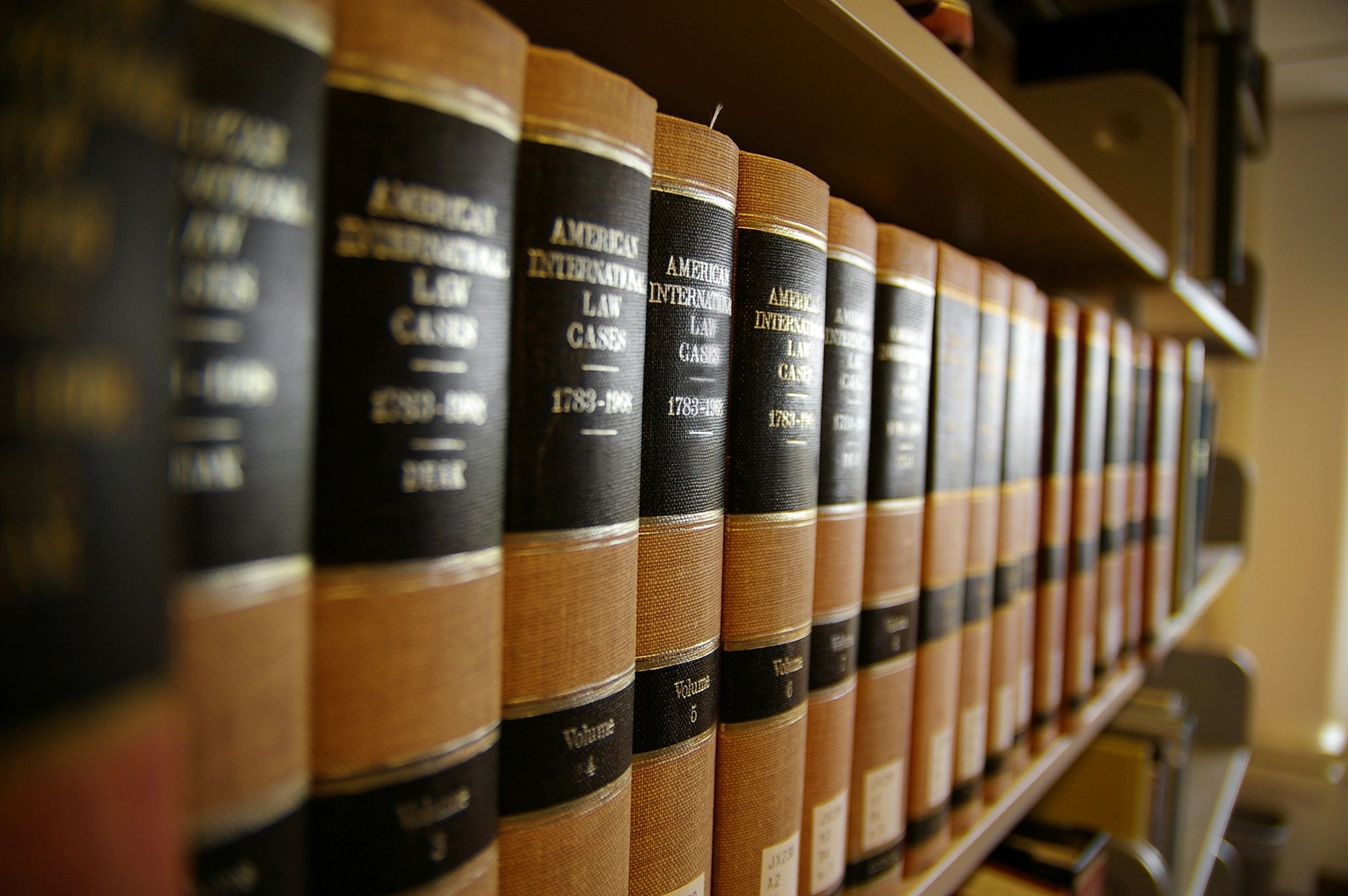A will challenge is where someone disputes the validity of the last will and testament of a deceased.
Why dispute a will?
A person may commence a will challenge to dispute the validity of a will. A testator must have knowledge and approval of the contents of the will for a will to be valid (a testator is a person making a will).
Typically, the reason a person would challenge the validity of a will are:
- Lack of approval/knowledge of the contents of the will;
- Lack of testamentary capacity;
- Presence of undue influence;
- Non-compliance with the requirements of due execution (as set out in Part I of the Succession Law Reform Act (SLRA); or
- Forgery/fraud (less common)
It is up to the person propounding the will (the person alleging the will is valid) to establish, on a balance of probabilities, that the deceased had testamentary capacity when the will was executed. However, if undue influence is being alleged, it is up to the person alleging undue influence to prove its existence.

Suspicious circumstances
These are factual circumstances that would make someone suspicious about whether the will is a true representation of the testator’s wishes.
These suspicious circumstances alone don’t typically constitute a basis for challenging a will and are normally considered during a proceeding based on lack of testamentary capacity and undue influence.
Examples of circumstances which may be suspicious are:
- Circumstances that question the capacity of testator;
- Circumstances regarding the preparation of will; or
- Circumstances that can show that undue influence, coercion or fraud overcame the testator’s free will
Undue Influence
This is an equitable doctrine that can be difficult to prove. If proven that influence was being exerted on the testator, the court has the ability to set aside a will (or gift/transfer). The onus us on the challenger to prove the existence of undue influence.
Formalities
A “formal” will in Ontario must be signed by the testator at its physical end and signed by at least two witnesses. Another option is for a person to sign on the testator’s behalf in the testator’s presence and at the testator’s direction (SLRA, s.4(1)(a)).
The testator must sign (or acknowledge his/her signature) before at least two witnesses who are present at the same time (SLRA, s.4(1)(b)). Even though each of the required witnesses need sign only in the presence of the testator, it is considered best practice to have all three parties sign in a room at the same time.
A beneficiary or legal spouse should not act as a witness. If they do, the gift to that beneficiary fails, unless a judge orders otherwise.
What to do next
We understand that this is a difficult time for you and your family and this is merely a brief overview of the law regarding will challenges. Your best interest is our main concern and we make sure to adopt cost-effective solutions in a timely manner.
We will explain your rights and options in a manner that is easy for you to understand.
We also offer a free consultation, which is an opportunity for you to speak to a lawyer before making any commitment. Call us for a free consultation on (416) 868-3263
Request a free consultation now
Fill out our online form or call us on (416) 868-3263
